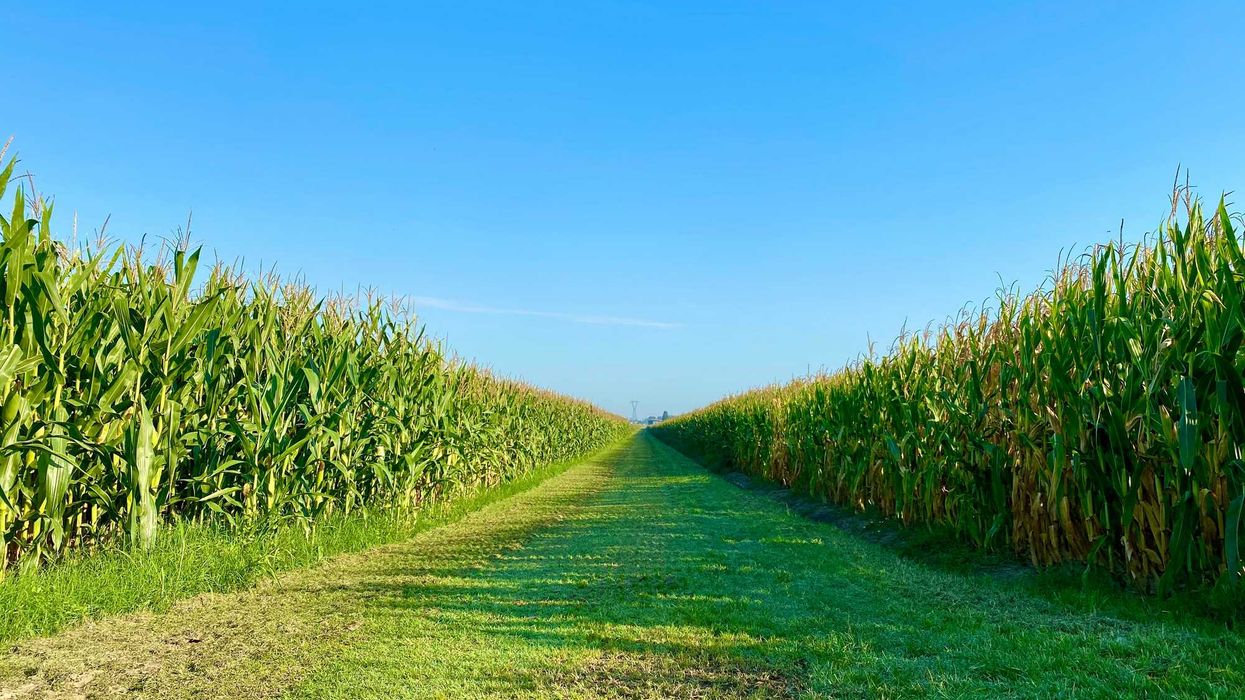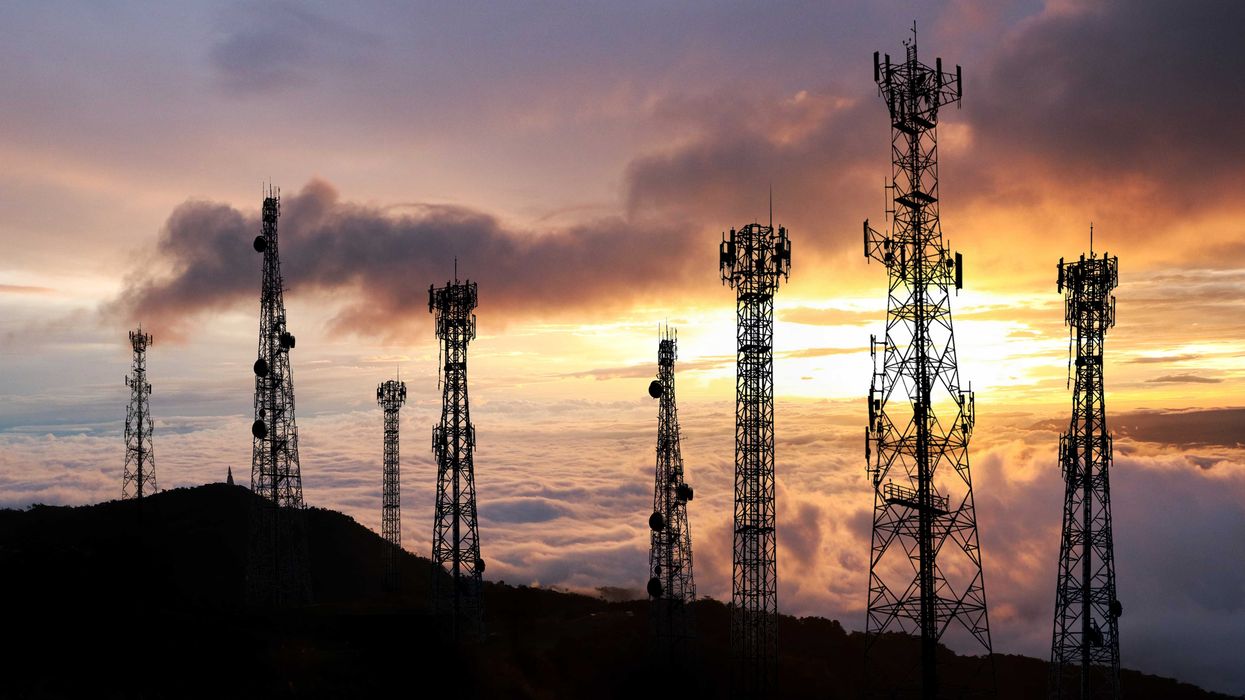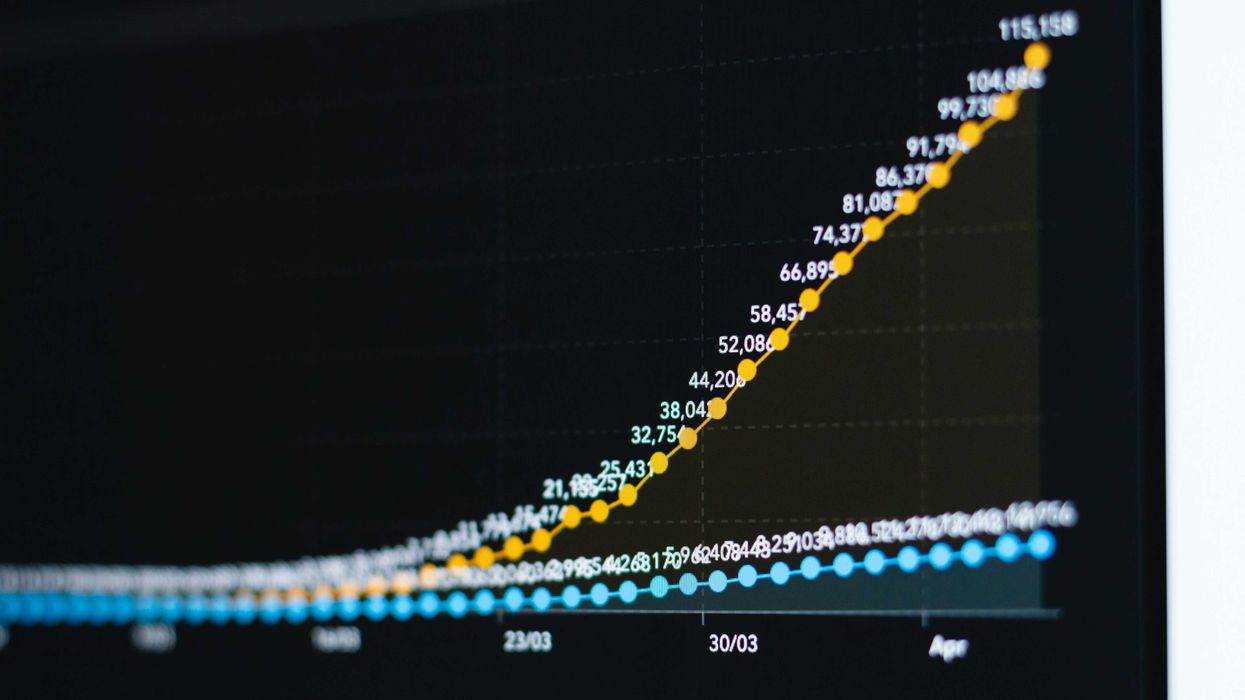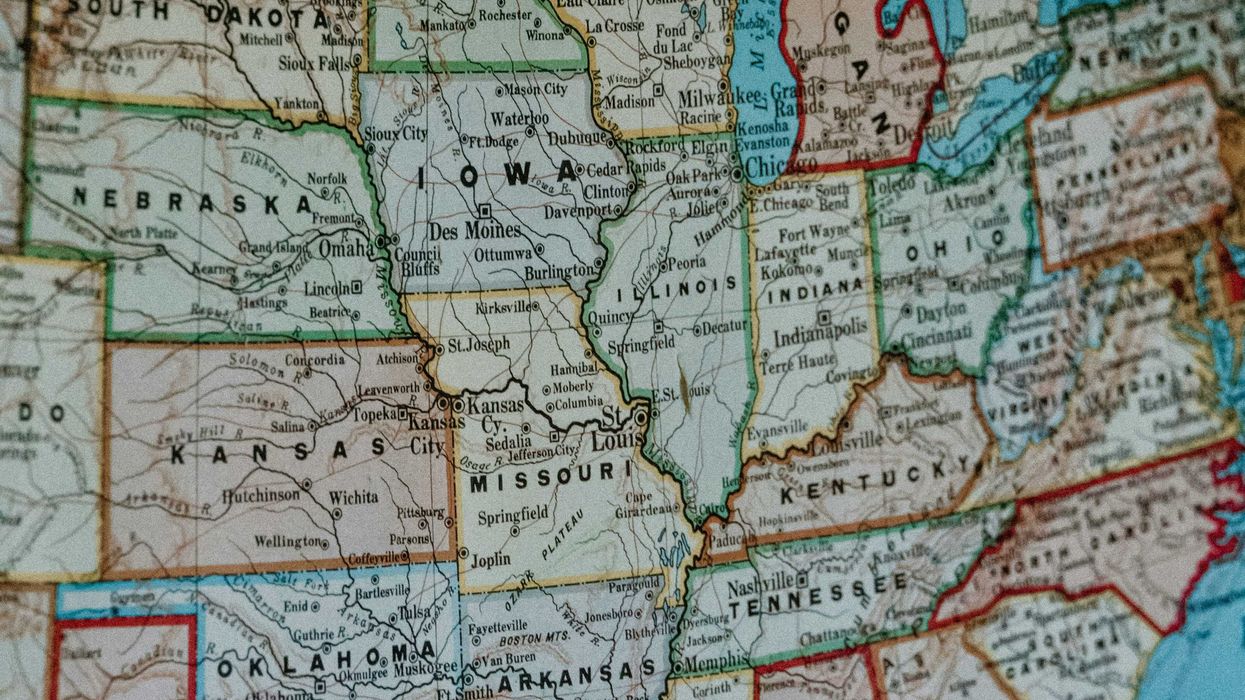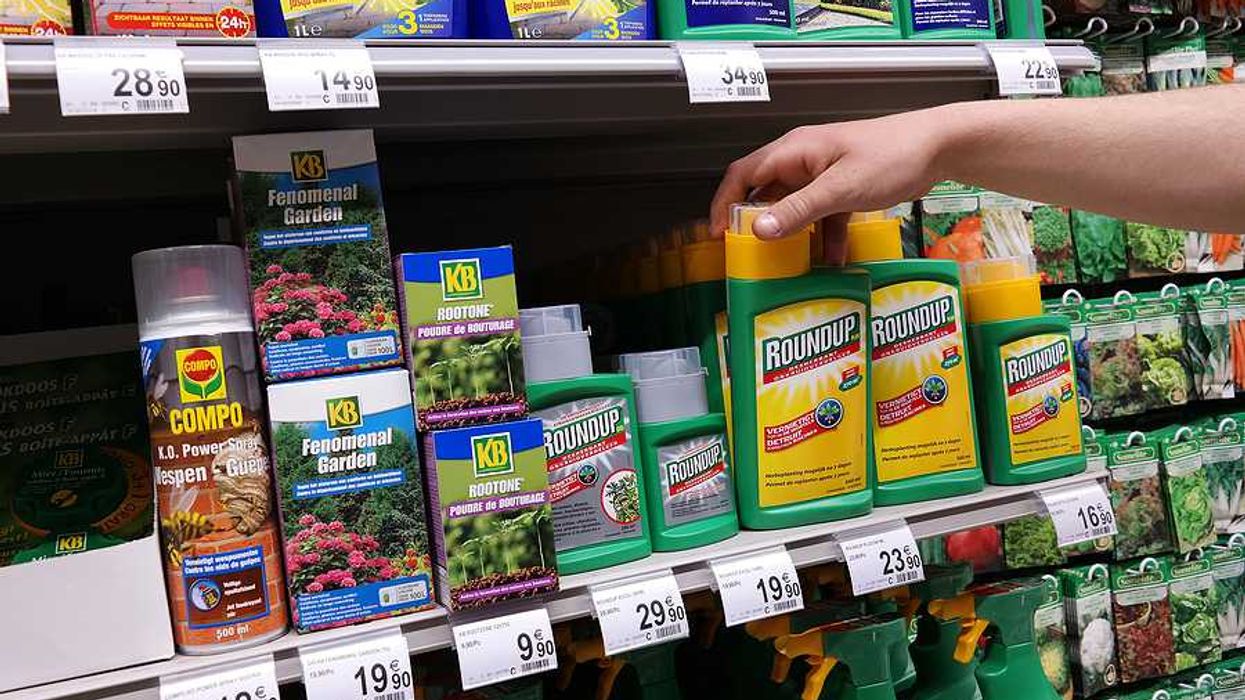A former French landscaper says glyphosate exposure caused his cancer, reigniting debate over the European Union's decision to keep the pesticide legal until 2033.
Valérie Gauriat reports for Euronews.
In short:
- Ludovic Maugé, diagnosed with a rare cancer linked to glyphosate, has had his illness recognized as a work-related condition after 30 years of chemical exposure.
- Although classified as “probably carcinogenic” by the International Agency for Research on Cancer, glyphosate was reauthorized in the EU based on regulatory reviews that rely heavily on industry-provided data.
- Environmental groups have sued the EU over the renewal, and French associations have launched protests against national efforts to ease pesticide restrictions.
Key quote:
“Glyphosate destroyed my life — it poisoned me. These products destroy people and destroy nature.”
— Ludovic Maugé, former landscaper
Why this matters:
Glyphosate’s widespread use in farming, landscaping, and public spaces makes its health risks a matter of daily exposure for workers and communities. While regulators debate its safety, frontline users often suffer the consequences. Independent research increasingly links glyphosate to cancers like non-Hodgkin lymphoma, yet regulatory decisions often prioritize manufacturer studies over epidemiological evidence. This disconnect fuels public distrust and lawsuits, while vulnerable populations — including agricultural laborers, landscapers, and rural residents — continue to bear the brunt of long-term exposure. Those harmed by the chemical face limited recourse and minimal compensation, even when their illness is officially acknowledged.
Learn more: Glyphosate safety faces renewed scrutiny after rat cancer study






